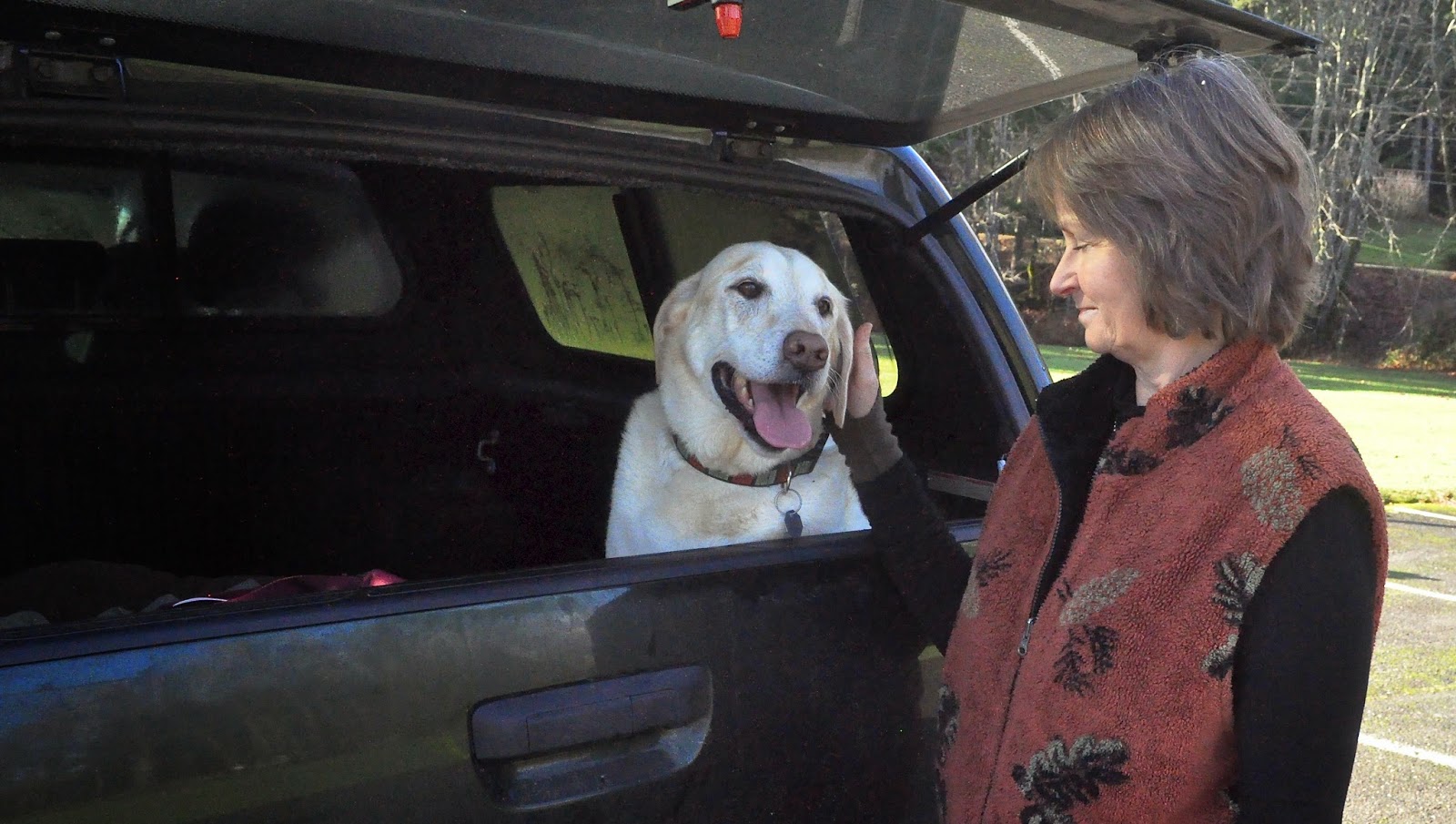The surgery scheduled for the next day appeared to be straight forward and the surgeon was very confident that my combination of “Tremor Predominate” Parkinson’s and youthful demeanor would add up to a successful procedure. He had told us to expect two sided lead placement, one for each side of the brain. I would be awake and sedated for at much of the procedure and would be requested to give the right sided "go" permission after placement of the left lead was complete.
After a partial night’s sleep I got up the next morning, a bit groggy and believed that I was ready to go. My preparation had included nothing to eat or drink since the prior evening and no meds. The surgeon had been precise and accurate in his depiction of how things were to proceed but as he knew there is an endless number of ways people can react to surgery. After the first side lead placement the surgery was suddenly stopped.
I recalled being responsive to his request for my desire to proceed and at the same time battling for a chance to breathe. The battle for respiration seemed to go on a long period of time but it may have been only the briefest moment. A dangerous drop in the saturated oxygen in the blood stream had occurred. The surgeon made a command decision to stop the surgery immediately and he swiftly closed the incision he had made for placing the right side leads. I was taken for a routine CT scan. I also had a precautionary chest x-ray and I was now was wheeled to recovery where I would remain until the sedation drugs worked their way out of my system.
The surgeon stopped by and peered into my bed while I was in recovery and gave me enough information so that I would know that the surgery not gone perfectly and had been cut short. He would see me later.
I was returned to the neurologic ICU as do all DBS patients for a mandatory, one night stay. It was here that I had an emotional and teary reunion when when wife Carolyn and daughter Claire also joined me. I was uncomfortable and did not feel like moving as the hours began to tick away. It came over me in a haunting manner again and again that somehow I had failed and now I faced a more complex pathway out.
The surgeon returned that afternoon and gave me the options, one of which included a second surgery to place the right sided lead. Another might be to program the left sided lead and then to see how that does by itself. In a bit of a post op fog I hung on to the disappointment of the earlier part of the day. He then carefully examined both tremoring arms and was delighted with the strong “honeymoon” effect I was getting in my right hand. The honeymoon effect is a calming of tremors caused inexplicably by simply moving a lead or leads into place. This indicated nearly perfect location of the left side lead. I still remained somber but these small but important details began to reveal that many things had gone right.
Through the night I dozed a few hours at a stretch between pain pills. I was released the following day, tired, exhausted and desired not to think about DBS surgery for the time being. It seemed that a second surgery existed out there beyond the mile marker and like a shark ready to pounce, it was a danger I wished not to think about.
At the same time I have been fortunate enough to to have been given a resilient frame of mind all of my life. Now it is one week after the surgery and I am beginning to believe that with God’s help I can manage to endure a second surgery to place the other lead. I can then focus on the fun stuff such as programming the controller to take over and do its job. It can then be entered into the battle against Parkinson's. The incredibly fine staff at the neuro science center have already made calls exploring options with me for a second surgery and a date has been set (April 29). They have not forgotten me, rather they are systematically putting things together.
I like that feeling and soon enough I think that I will be ready once more to pack my bags and jump aboard the same train the surgeon is on and pray that the one who counts is guiding the way.










